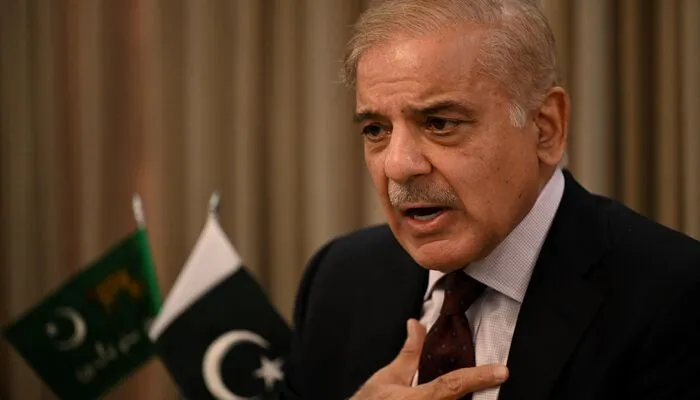Prime Minister Shehbaz Sharif’s government has introduced the National Economic Transformation Plan to boost Pakistan’s economy. The plan aims to double GDP growth and reduce poverty by half within five years. It includes a projected investment of $29 billion, overseen by the Special Investment Facilitation Council (SIFC).
Key investors include $10 billion from the UAE, $5 billion from Saudi Arabia, $2 billion each from Qatar and Azerbaijan, and $10 billion from Kuwait. The plan outlines a road map for implementation till 2029. Annual targets will be set by ministries and provinces, with sectoral plans being monitored quarterly through the National Economic Transformation Unit (NETU).
The GDP growth target is set at 6% by 2028-29, up from 2.5% in 2023-24. Per capita income is expected to rise to $2,405 from $1,680. Investment will increase to 17% of GDP, and inflation will be kept at 6.2%. Poverty will decline from 21.4% to 12% over five years.
“Uraan Pakistan” Envisions $1 Trillion Economy by 2035
The economic plan, named “Uraan Pakistan,” aims for the GDP to reach $1 trillion by 2035. The growth rate is expected to touch 9.8% in the same fiscal year. While the exchange rate stability wasn’t explicitly detailed, officials suggested focusing on export-led growth to avoid the boom-and-bust cycle of import-led strategies.
Planning Minister Ahsan Iqbal said “Uraan Pakistan” has been endorsed by all provinces. He highlighted the plan’s potential to transform Pakistan into an economic powerhouse in Asia. Export sectors include agriculture, industry, IT, services, mining, and the blue economy. The government aims to increase exports to $60 billion.
Iqbal noted that Chinese importers offered to buy $1 billion worth of Pakistani meat during his recent visit. However, he cautioned that such exports could lead to local price hikes, emphasizing the need to boost exportable surplus.
IT Growth, Cybersecurity, and Remittances
Iqbal also addressed concerns about the internet slowdown, stating that cybersecurity measures like firewalls were installed to combat digital threats. He assured that IT exports achieved a 34% growth rate, with minor technical issues not hindering the sector’s progress.
The minister appealed to overseas Pakistanis to send remittances through official channels. He criticized calls to restrict remittances, labeling it “economic terrorism.” Despite challenges, expatriates sent more remittances in recent months, helping stabilize Pakistan’s economy.
The government remains optimistic about achieving its targets through focused investment, export-led growth, and robust economic policies.
Follow Day News on Google News, Instagram, YouTube, Facebook, Whats App, and TikTok for latest updates
